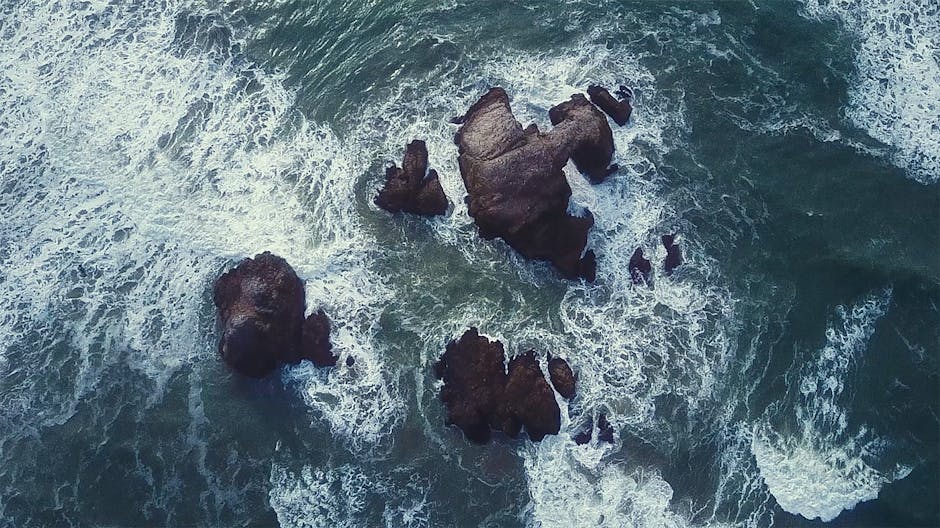Choosing the right drone can be a daunting task, especially with the vast variety of options available in the market. Whether you're a beginner looking for an easy-to-fly model or a professional photographer in search of advanced features, there are certain factors to consider to make an informed decision. This guide will provide you with valuable tips and information to help you select the best drone for your needs and budget.
**1. Purpose and Usage:**
First and foremost, determine the primary purpose of your drone. Are you looking for an aerial photography platform, a racing machine, or a toy to have some fun? Different types of drones are designed for specific purposes, so it's essential to choose one that aligns with your intended use.
**2. Skill Level:**
If you're a beginner, it's recommended to start with a drone that is stable and easy to control. Look for models with features such as automatic flight stabilization and obstacle avoidance. As you gain experience, you can consider more advanced drones with customizable settings and enhanced maneuverability.
**3. Camera Quality:**
If photography or videography is your focus, the camera quality of the drone is crucial. Consider the resolution, field of view, and stabilization capabilities. Higher resolution cameras capture sharper images, while a wider field of view allows you to capture more in a single shot. Stabilization ensures smooth and jitter-free footage, even in windy conditions.
**4. Flight Time and Range:**
The flight time and range of a drone determine how far and for how long you can fly it. For longer flights, look for drones with larger batteries and efficient motors. The range is important if you want to fly the drone further away from your controller. Remember that the range is usually affected by obstacles, interference, and weather conditions.
**5. Safety Features:**
Safety should be a top priority when flying a drone. Look for drones with features such as geofencing, which prevents the drone from flying into restricted areas. Return-to-home functionality ensures that the drone automatically returns to its launch point in case of signal loss or low battery.
**6. GPS and Navigation:**
GPS-enabled drones allow you to track their location, altitude, and speed. This is especially useful for precise positioning and for flying in complex environments. Navigation systems, such as waypoint navigation, allow you to program the drone to follow a predetermined flight path.
**7. Portability and Durability:**
Consider the portability of the drone if you plan on traveling with it. Some drones are compact and foldable, making them easy to transport. Durability is also important, especially if you're flying in challenging conditions. Look for drones with sturdy construction and weather resistance.
**8. Price and Budget:**
Drones range in price from affordable models for beginners to high-end professional drones. Determine your budget before making a purchase. Consider the features and capabilities you need and look for drones that offer the best value for your money.

